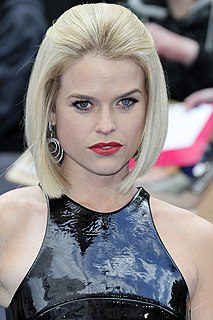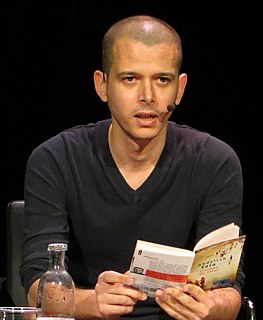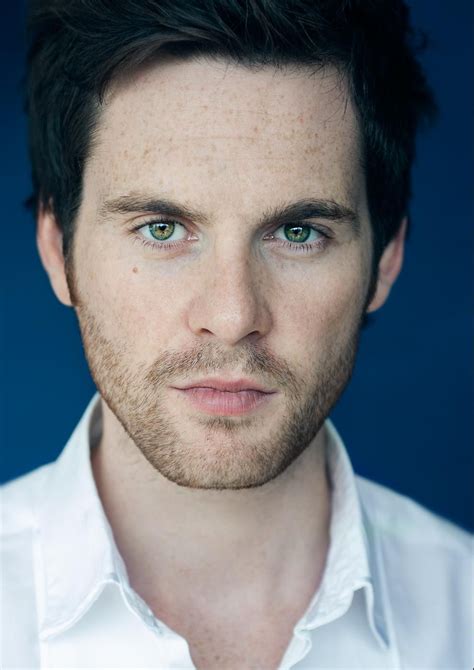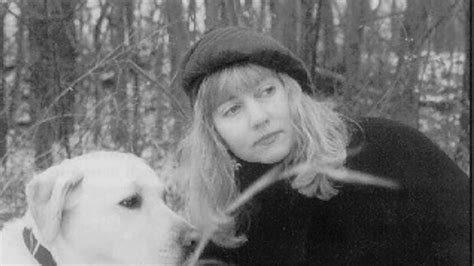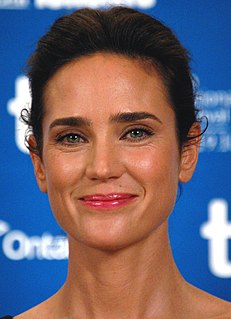A Quote by Alice Eve
I did literature at university, so I had a real relationship with poetry, but they don't make many films about the world of a poet.
Quote Topics
Related Quotes
What the world wants, what the world is waiting for, is not Modern Poetry or Classical Poetry or Neo-Classical Poetry - but Good Poetry. And the dreadful disreputable doubt, which stirs in my own skeptical mind, is doubt about whether it would really matter much what style a poet chose to write in, in any period, as long as he wrote Good poetry.
The maiden Olympics had more to protest about than mere war, though. Central to its ethos was a rejection of two establishments the political one, certainly, but also that of the wider poetry world itself. It changed poetry for ever in the UK, ... It led to readings all over the country. You suddenly got more women reading and publishing poems, as well as gay guys and poets from all over the world. Until that time, published poetry had been very university-based white, male, middle-class. We were trying to break poetry out of its academic confines.
I wrote poetry for seven or eight years, maybe longer, before I could say I was a poet. If people asked, I'd say I wrote poetry; I wouldn't go further. I was in my mid- to late-thirties before I felt that I was a poet, which I think meant that I had begun to embody my poems in some way. I wasn't just a writer of them. Hard to say what, as a poet, my place in the world is. Some place probably between recognition and neglect.
..the real world's all we've got. Believers in the supernatural claim to have special wisdom about the world. But real wisdom means knowing truth from falsehood, knowing the difference between evidence and wishful thinking. Yes, the real world is mysterious and sometimes frightening. But would the supernatural make it better? The real world has beauty, poetry, love and the joy of honest discovery. Isn't that enough?
I don't know that I had a sense that there was such a thing as "the poetry world" in the 1960s and early 70s. Maybe poets did, but for me as an onlooker and reader of poetry, poetry felt like it was part of a larger literary world. I mean, even the phrase "the poetry world" reflects a sort of balkanization of American literary and artistic life that has to some extent happened since then.
I went to university in the north of England at University of Birmingham to do an English literature degree, and I knew I could do extracurricular stuff with theater and drama. I started a theater company, called Article 19, and I did it with a bunch of friends. I wrote and directed plays. I had a radio show.
A lot of people think they can write poetry, and many do, because they can figure out how to line up the words or make certain sounds rhyme or just imitate the other poets they've read. But this boy, he's the real poet, because when he tries to put on paper what he's seen with his heart, he will believe deep down that there are no good words for it, no words can do it, and at that moment he will have begun to write poetry.
Another trouble with poetry - and I'm gonna stop the list at two - is the presence of presumptuousness in poetry, the sense you get in a poem that the poet takes for granted an interest on the reader's part in the poet's autobiographical life, in the poet's memories, problems, difficulties and even minor perceptions.
In many parts of the world, including the Arab world, the Latin American world, and even parts of the Western world, there is a tradition of writers being quite engaged. Particularly in the Arab world you have had very, very strong traditions of literature and poetry and most of the writers have been deeply committed to the cause of the Arab nation.
In my first class at the University of Kentucky, my American Literature professor came in, and the first sentence out of his mouth was "The central theme of American Literature is an attempt to reconcile what we've done to the New World." wrote that down in my notebook, and thought, "What is he talking about?" But that's what I think about now. The New World and what we've done to it.
